Description
The manufacturing process for steel fiber typically involves the following steps:
- Wire Drawing: The first step in the manufacturing process is to draw the steel wire to the desired diameter. This is done by pulling the wire through a series of dies until it reaches the desired size.
- Cutting: Once the wire has been drawn to the desired diameter, it is then cut into short lengths. The length of the steel fiber can vary depending on the application, but it is typically between 25 and 50 mm.
- Bundling: The short lengths of steel fiber are then bundled together to form a larger fiber. The number of individual fibers in each bundle can vary depending on the desired properties of the final product.
- Deburring: After the fibers have been bundled together, they are deburred to remove any sharp edges or burrs. This helps to ensure that the fibers do not damage the concrete during mixing or placement.
- Surface Treatment: Some manufacturers may apply a surface treatment to the steel fibers to improve their bonding with the concrete. This can include coatings or treatments to increase the surface area of the fiber.
- Packaging: The final step in the manufacturing process is to package the steel fibers for shipment. This typically involves placing the fibers in bags or boxes and labeling them with the product information and specifications.
Current Trends Of Steel Fiber Manufacture:
- Automation: The use of automation in steel fiber manufacture has increased in recent years, with many manufacturers implementing automated processes for wire drawing, cutting, and bundling. This has led to increased efficiency and consistency in the production process.
- Surface Treatment: Surface treatment of steel fibers has become more common, with manufacturers adding coatings or treatments to improve the bonding between the fibers and the concrete. This can lead to better performance of the final product, particularly in applications where high-strength concrete is required.
- Customization: There is an increasing demand for customized steel fibers that are tailored to specific applications. This has led to manufacturers offering a wider range of fiber lengths, diameters, and shapes to meet the needs of their customers.
- Sustainability: There is a growing trend towards sustainable manufacturing practices in the steel fiber industry. This includes the use of recycled steel in the production process and the implementation of energy-efficient technologies to reduce carbon emissions.
- Quality Control: Quality control measures have become more rigorous in steel fiber manufacture, with manufacturers implementing testing and inspection procedures to ensure that their products meet industry standards. This has led to improved product quality and consistency.
Our brand power
We mainly produce Hooked End Steel Fibers and Micro Steel Fibers, with an annual production capacity of 55,000 tons. It is the largest steel fiber manufacturer in China. The factory has obtained
ISO9001/14001/45001 certification and the products have also obtained the EU CE level 1 certification and South Korea KS certification. Establish a joint laboratory with the Hebei University of Technology to conduct concrete-related experiments.
Over the years, Hengfeng has been making great efforts to improve the overall business and build a good image. First, measures have been made to achieve zero pollutant emissions. Second, an R&D center has been established to develop and research new products together with well-known colleges and specialists. As a result, our technology has witnessed big progress, and the products and equipment are taking the lead in the world.
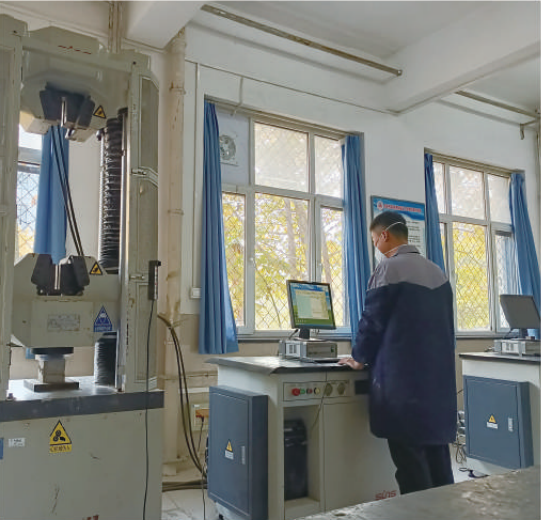
Environmental Showcase
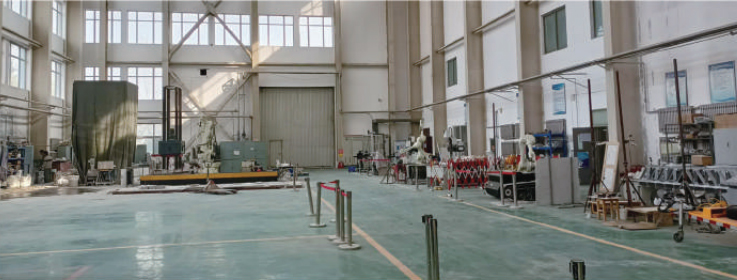
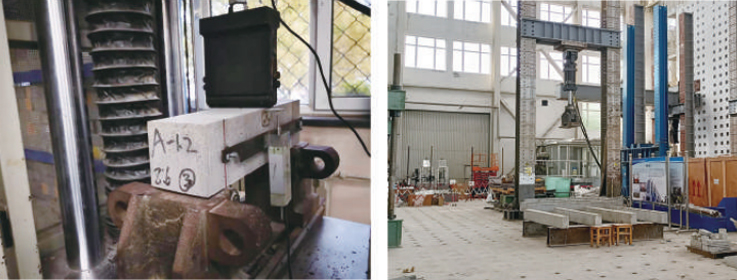
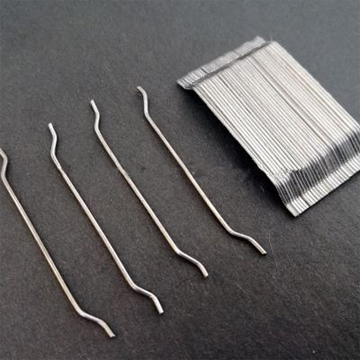
-300x300.jpg)
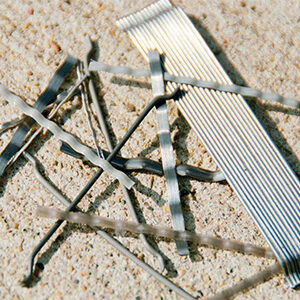
-300x300.jpg)
Reviews
There are no reviews yet.